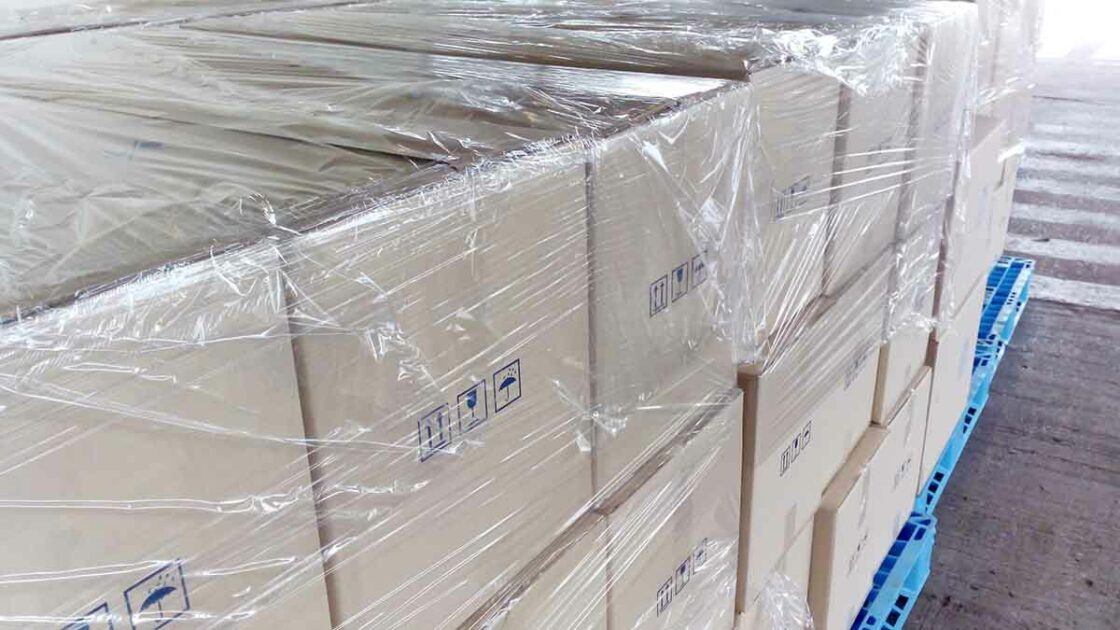Upcoming Environmental Regulatory Changes and What This Means for Suppliers to the NHS
There are big changes afoot this year in the world of packaging, we have outlined below some points to help you with your own research.
This will have different implications for you, depending on what you do with packaging and the products you supply. We have included web links for more information.
In 2019, the Department for Environment, Food and Rural Affairs (Defra) launched three interlinked consultations, these were on:
- Extended Producer Responsibility (EPR) packaging regulations
- Deposit Return Schemes (DRS)
- Household consistent waste collection.
After several rounds, a global pandemic, and initiatives on single-use plastics the proposed changes are beginning to be implemented.

Extended Producer Responsibility (EPR) Regulation Update
Summary of the changes
- Producers will be required to pay full net costs of recovery.
- Modulation of fees will apply to compliance costs.
- Material included in DRS will not pick up obligations under Extended Producer Responsibility.
- Obligations will change from shared compliance to set points in the supply chain.
- Significantly more detailed data will be required.
- Recyclability labelling requirements may be implemented.
- Specific, hard to recycle material / packaging types will be targeted.
Packaging not in scope of EPR
- Beverage containers within scope of DRS in the UK (all other packaging associated with drinks is obligated).
Household items (jiffy / sandwich bags / cling film / foil) designed for use by the consumer.
EPR is now being implemented in a ‘phased manner’ – key milestones include:
- 2022 – Plastics Packaging Tax (PPT) introduced, DRS operational in Scotland, EPR Regulations in place.
- 2023 – EPR phase one operational, Producers report against new packaging formats, Producers compile data for EPR phase two (modulated fees) and asses packaging for recyclability.
- 2024 – EPR phase two operational – modulated fees and business payments start, Material-specific recycling targets start.
- 2025 – Packaging re-use targets introduction.
- 2026 and 2027 – Recycling labelling to become mandatory.
- 2030 – Report on packaging recycling targets to be published.
In England and Northern Ireland, payments for packaging waste that is littered will not be introduced, however, Scotland and Wales are planning to obligate producers for these costs and will set their own proposals.
Next steps
In December 2022 DEFRA published guidance on how to assess what the obligations might be and how to collect data.
Deposit Return Scheme (DRS) Update
England and Northern Ireland will be omitting glass from their systems, but Wales will continue with an all-in DRS which includes glass. This was considered when government set the recycling targets for packaging in scope of EPR Regulations.
All single-use beverage containers from 50ml to 3 litres in size will be within the scope of DRS in England, Northern Ireland, and Wales.
As previously stated, materials in scope of DRS will not be obligated under EPR. Defra had proposed DRS in England will be delayed until at least the end of 2024, however Scotland’s DRS will go live in on 16 August 2023, and it is targeting 90% collection rates by 2024.
As part of the phased implementation, the Scottish Government has been working with retailers on a voluntary basis to enable people to start returning their bottles and cans for recycling from November 2022.
Background
People will pay a 20p deposit when they buy a drink that comes in a single-use container made of Polyethylene terephthalate (PET) plastic, steel and aluminium, or glass. They will get their money back when they return the empty container to one of tens of thousands of return points.
Key milestones
- January 2023: Circularity Scotland, and the Scottish Environment Protection Agency (SEPA) will begin the process to register producers.
- July 2023, there will be end-to-end testing of containers through the system.
Household Consistent Collections Update
Councils and waste management businesses have been warning that lack of progress on measures in the resources and waste strategy, including DRS, consistent collections, and EPR, is limiting progress in the industry.
Under the revised collection plans, six recyclable waste streams from households would need to be collected: food, plastics, metal, glass, paper and cardboard, and garden waste.
Councils will receive money from producers to fund recycling services, via the reformed EPR system, to realise the increase in recycling rate ambitions in England.
Single-Use Plastics Update
Defra published its plans on 14 January 2023 to ban plastic plates, trays, bowls, cutlery, balloon sticks and certain types of polystyrene cups and food containers. The legislation is due to come into effect in October 2023.
The ban will apply to restaurants, cafes, and takeaways. It will not include packaging for takeaway food and drink from supermarkets and shops. Items from shops will be covered instead by extended producer responsibility legislation. Scotland and Wales have already outlined legislation to ban those items.
England banned single-use items such as plastic straws, stirrers and cotton buds in October 2020.
Useful Links
-
Extended Producer Responsibility (EPR) Regulation Update
DEFRA published guidance on how to assess what the obligations might be and how to collect data
-
Single-Use Plastics Update
Defra published its plans to ban plastic plates, trays, bowls, cutlery, balloon sticks and certain types of poly¬styrene cups and food containers.
-
Single-Use Plastic Removal – Next Phase
In line with the announcement made by Defra NHS Supply Chain will be implementing some fundamental changes to its Catering Equipment and Consumables framework imminently.
